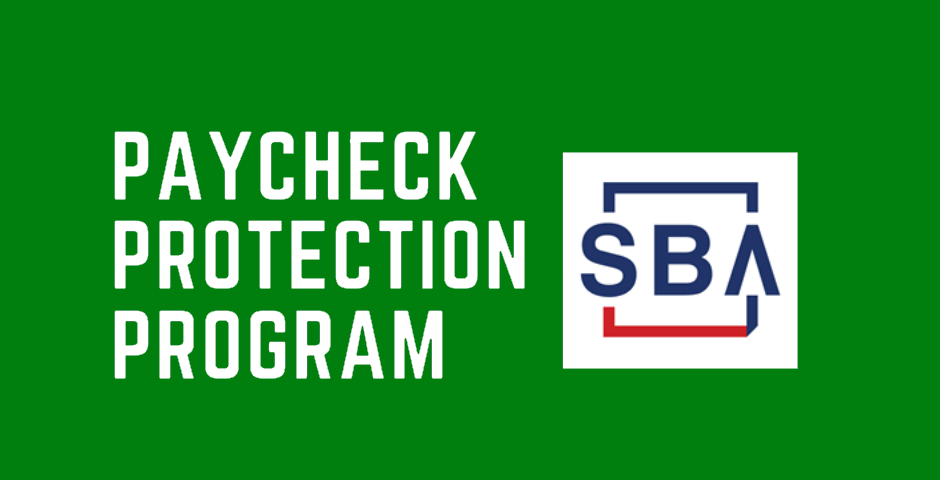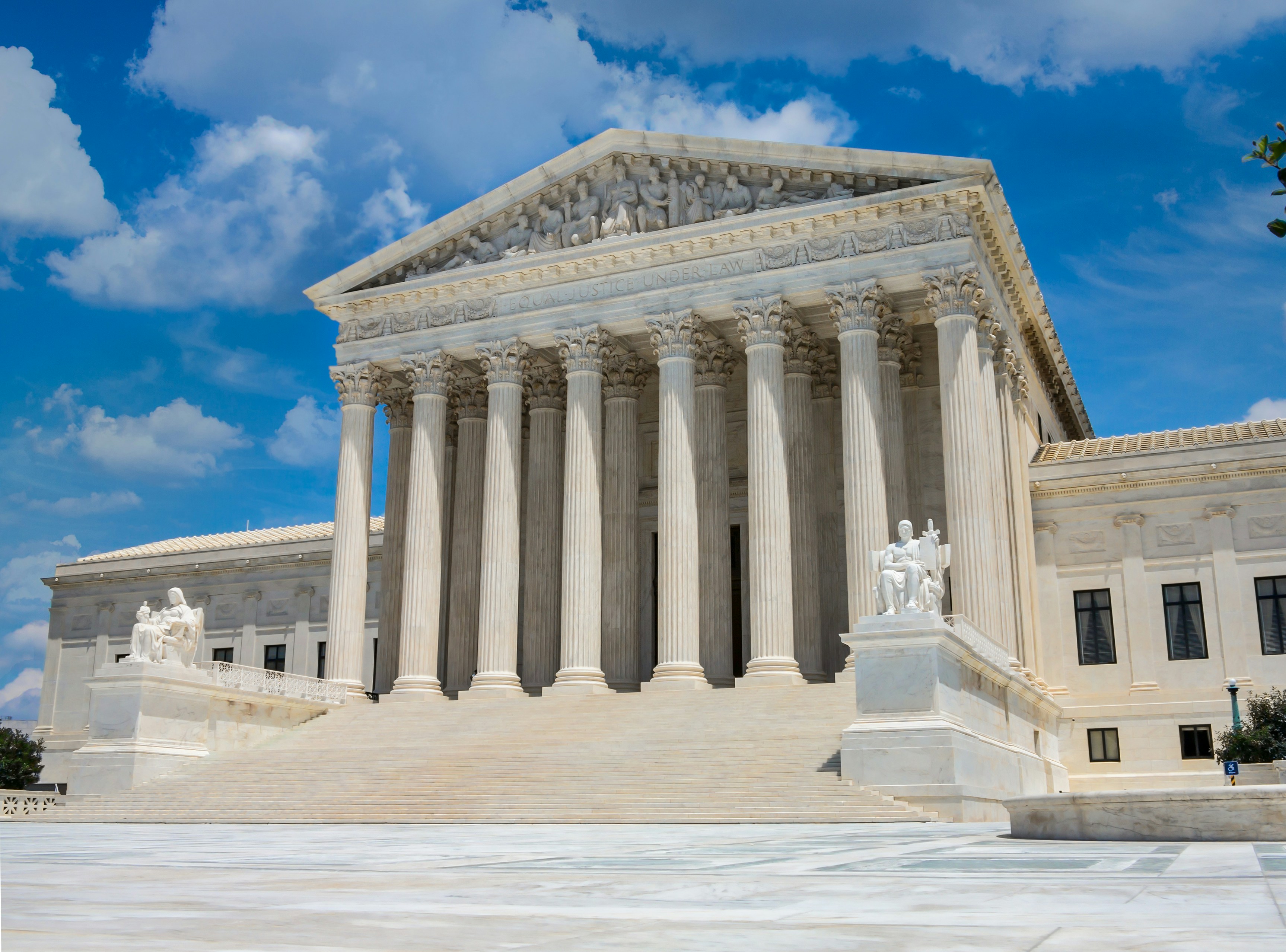The American Institute of CPAs (AICPA) has issued a statement noting that any proposals for a compromise on PPP expense deductibility are extremely problematic for small businesses and further ignores Congressional intent. A compromise that would allow deductibility for PPP loans below a certain level but explicitly disallows deductibility for loans above that level could possibly result in an unexpected tax increase during a time that millions of businesses are struggling to survive.
Barry Melancon, CPA, CGMA, AICPA president and CEO said, “Businesses of all sizes – especially small and minority owned businesses in underserved and rural areas – are desperate for Congress to provide economic relief and cannot afford to be hit with a large tax increase next year. The vast majority of PPP borrowers requested the loan in good faith and in the face of great financial uncertainty. This proposal splits PPP borrowers into ‘good’ and ‘bad’ groups and distracts Congress from its important work of getting relief to small businesses and their employees. The U.S. needs a thriving business community to recover and proposals such as this risk further economic slowdown.”
The compromise proposal should not be allowed because:
- The threshold, at any amount, encourages the thinking that small PPP borrowers are “good” and larger PPP borrowers are “bad.” When the PPP loans became available, companies feared the worst and faced significant economic uncertainty. They should not be penalized for the size of the loan granted by the Small Business Administration.
- It would still burden many businesses with a significant tax bill in 2021. That was not Congress’ intent when it passed the CARES Act and legislative efforts are underway to clarify this.
- It turns the PPP into a revenue raising tool, rather than a relief program for businesses struggling to remain open and employ staff.
AICPA has strongly advocated for legislation that would clarify Congress’ intent and supports the passage of S. 3612 and H.R. 6821, the Small Business Expense Protection Act of 2020, or of H.R. 6754, the Protecting the Paycheck Protection Program Act of 2020. Recently, AICPA asked its more than 431,000 members to contact their Congressional representatives and urge them to include legislation protecting PPP expense deductibility in any year-end must-pass bill (read more).
Thanks for reading CPA Practice Advisor!
Subscribe Already registered? Log In
Need more information? Read the FAQs




